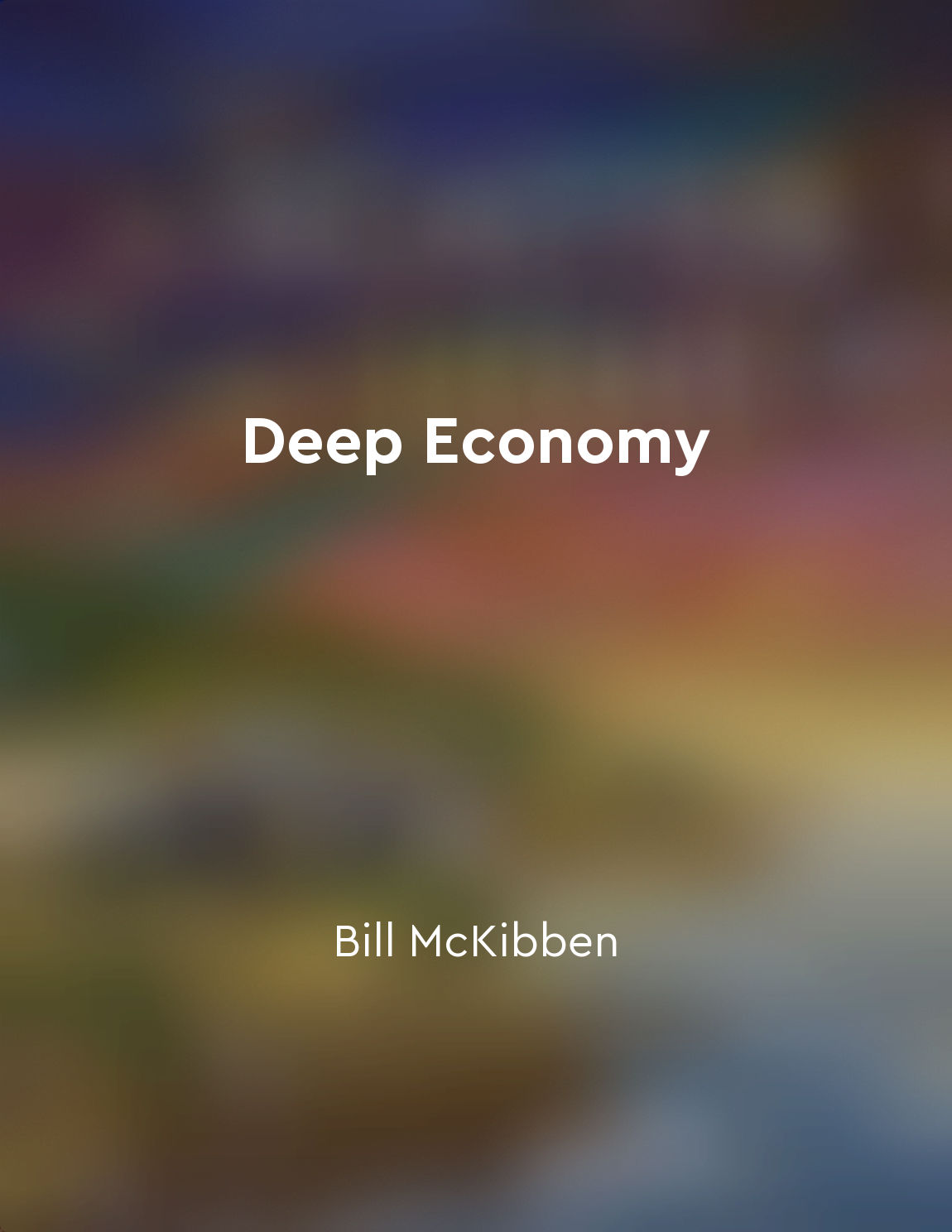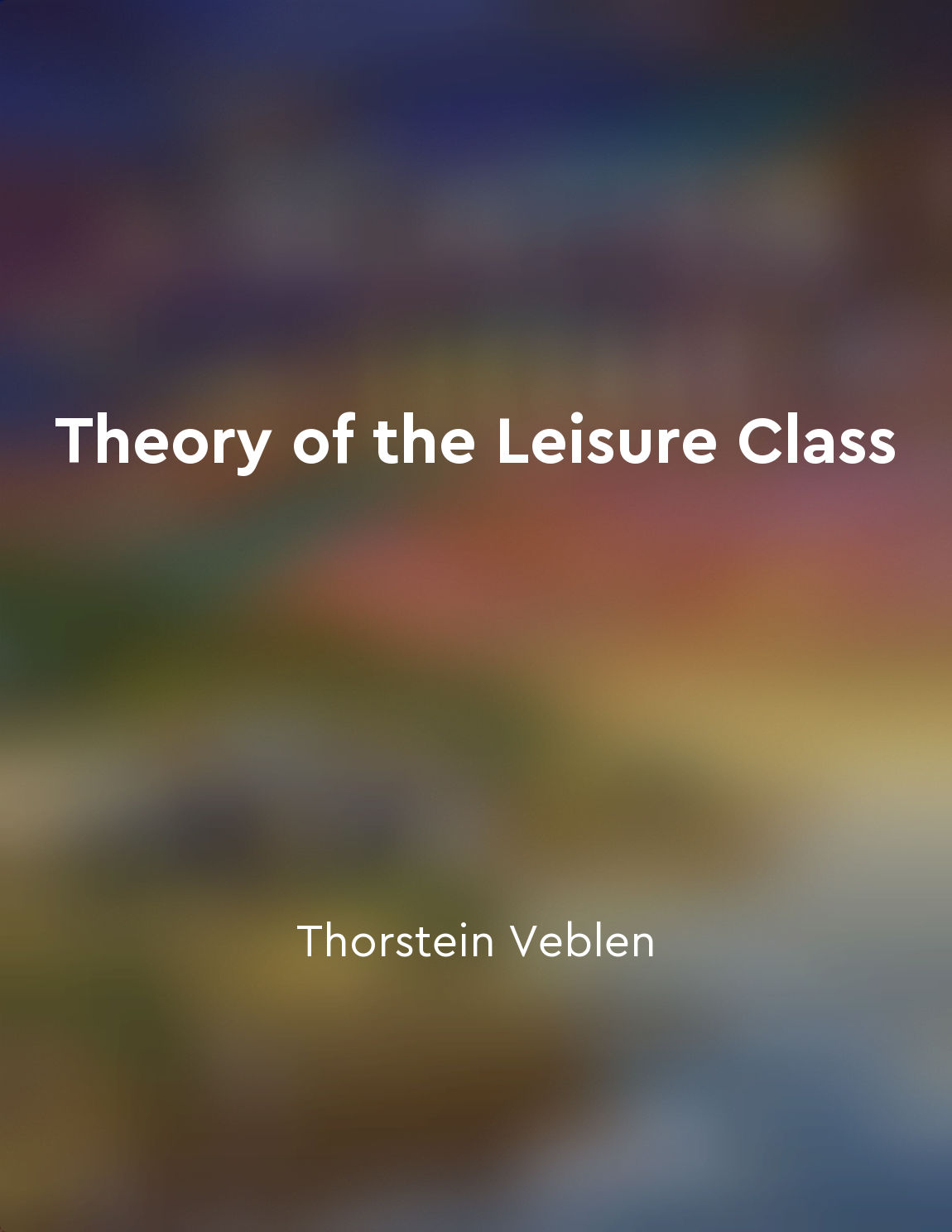The myth of the metals ensures social cohesion from "summary" of The Republic of Plato by Plato
In our city, the myth of the metals plays a crucial role in maintaining social harmony and order. This myth serves to justify the existing social hierarchy based on the principle of meritocracy. According to this myth, each individual is born with a specific metal in their soul - gold for the rulers, silver for the auxiliaries, and bronze or iron for the producers. By attributing these metals to individuals, we establish a natural order in which each class has its own unique role and function in society. This belief in the inherent qualities of individuals helps to legitimize the authority of the ruling class and ensures that everyone accepts their place in the social structure. Furthermore, the myth of the metals instills a sense of pride and duty in each citizen. Those born with gold in their souls are expected to rule with wisdom and justice, while those with silver are to serve as protectors and defenders of the city. Even those with bronze or iron are valued for their contribution as producers of goods and services essential to the functioning of society. By internalizing and accepting the myth of the metals, citizens are more likely to fulfill their roles and responsibilities to the best of their abilities. This shared belief in the natural hierarchy of talents and virtues helps to foster a sense of unity and cohesion among the different classes, as each individual recognizes the importance of their contribution to the greater good of the city.- The myth of the metals is not merely a fanciful tale but a powerful tool for maintaining social cohesion and order in our city. It serves to justify the existing social hierarchy, instill a sense of pride and duty in each citizen, and foster a sense of unity and common purpose among the different classes. By embracing this myth, we ensure that each individual plays their part in creating a harmonious and well-ordered society.
Similar Posts

The road to character is a journey of selfdiscovery and personal growth
The road to character is not a quick or easy journey, but rather a lifelong process of self-discovery and personal growth. It r...

Success is not determined by bank accounts
Success is a concept that is often associated with financial wealth. Many people believe that the size of one's bank account is...
Improve yourself daily
The path to personal growth is not a one-time journey, but a continuous process of self-improvement. Each day presents us with ...

Social connections are key to happiness
In our modern society, we often place great emphasis on material wealth and individual achievements as the primary sources of h...

Unemployment
The man who has lost his job stands in the bread line, hungry, with no money in his pocket. He has been looking for work for we...
Victories celebrated with joy
In the magical city of Jadushahar, victories were not just achievements to be noted and forgotten. They were moments of pure jo...
Elite Upper East Side women maintain strict social codes
The women of the Upper East Side uphold a complex set of social codes that dictate nearly every aspect of their lives. These ru...

Habits of Conspicuous Waste solidify Social Status
The leisure class, through their conspicuous waste of resources, seeks to establish and maintain their social status. This wast...
Discuss the rise of industrialization and its effects on global trade
The surge of industrialization in the 18th and 19th centuries brought about a profound transformation in global trade. As natio...


